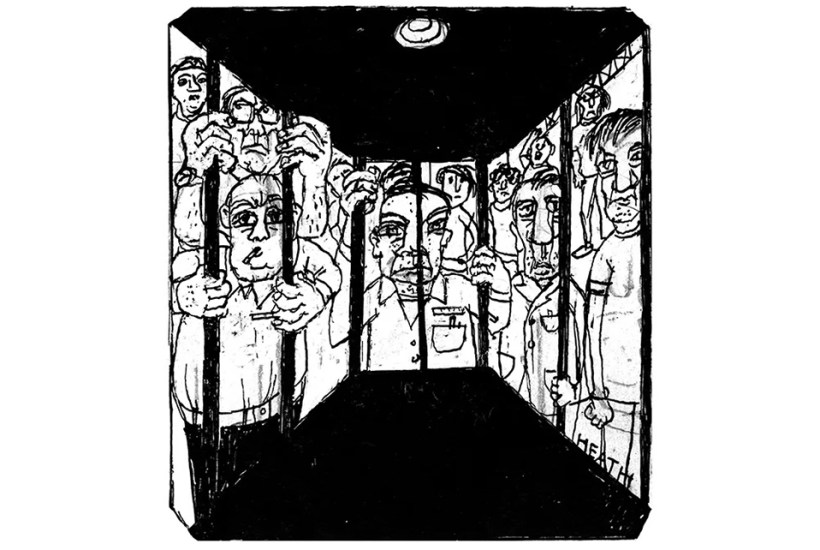Many years ago, for my Great Lives BBC radio programme, we recorded Jeremy Paxman’s championing of the life of Anthony Ashley Cooper, 7th Earl of Shaftesbury. It was an excellent choice and Mr Paxman persuasively laid out that great campaigner’s achievements in the reform of child-labour legislation and the lunacy laws.
Already a subscriber? Log in
Subscribe for just $2 a week
Try a month of The Spectator Australia absolutely free and without commitment. Not only that but – if you choose to continue – you’ll pay just $2 a week for your first year.
- Unlimited access to spectator.com.au and app
- The weekly edition on the Spectator Australia app
- Spectator podcasts and newsletters
- Full access to spectator.co.uk
Or
Unlock this article
You might disagree with half of it, but you’ll enjoy reading all of it. Try your first month for free, then just $2 a week for the remainder of your first year.









Comments
Don't miss out
Join the conversation with other Spectator Australia readers. Subscribe to leave a comment.
SUBSCRIBEAlready a subscriber? Log in